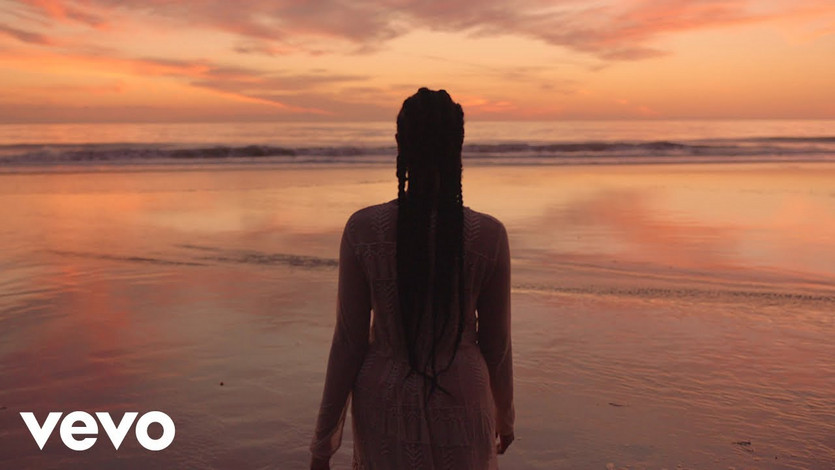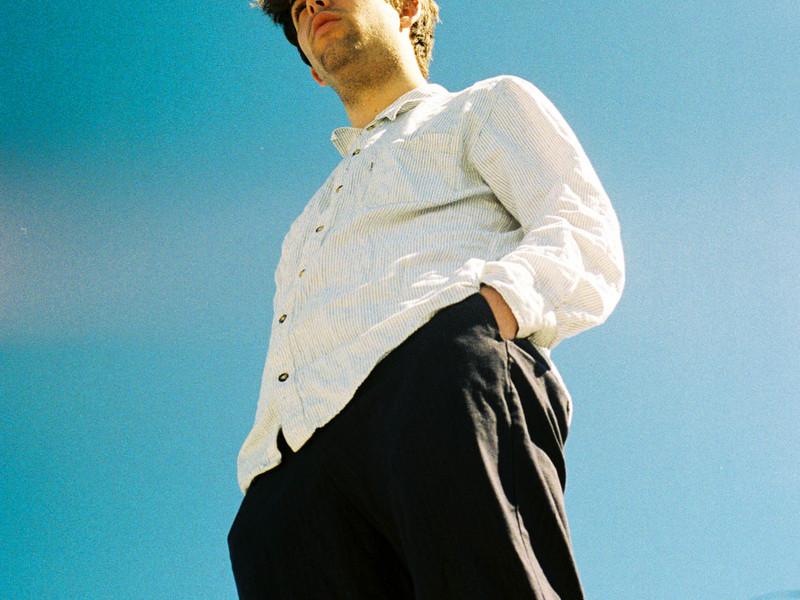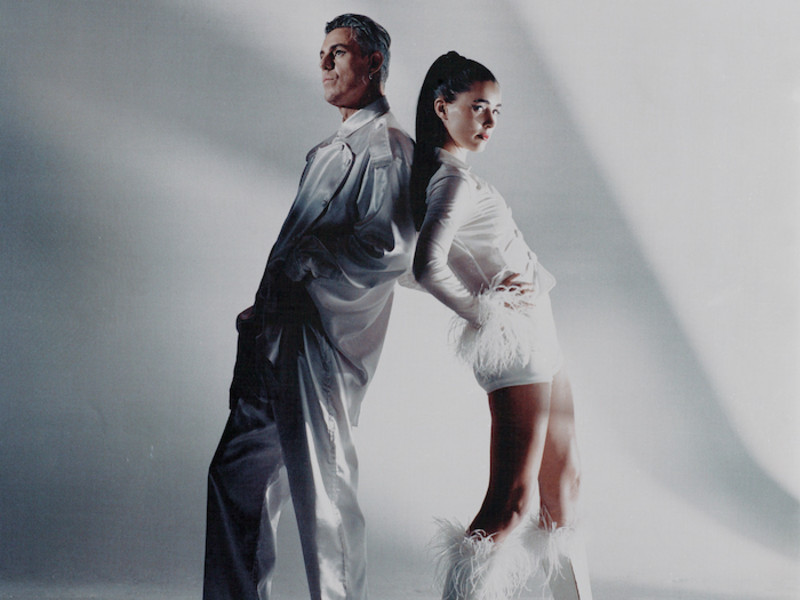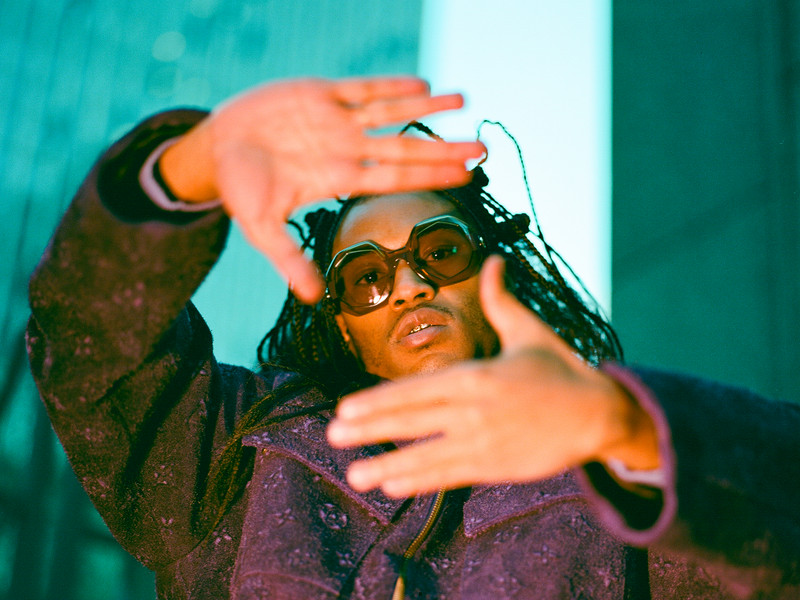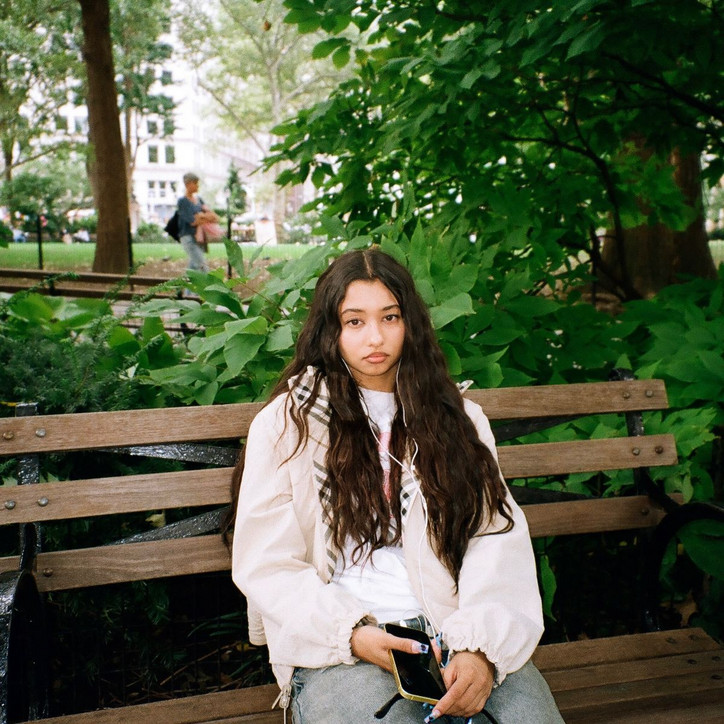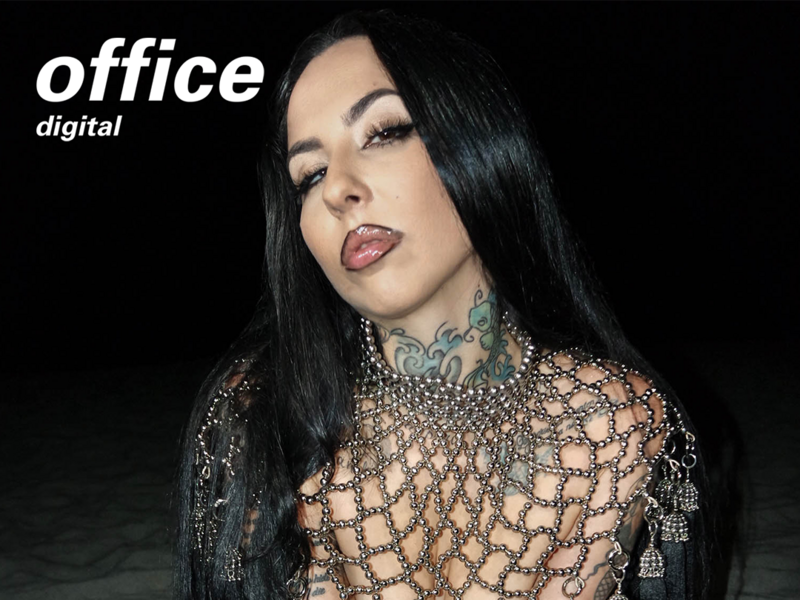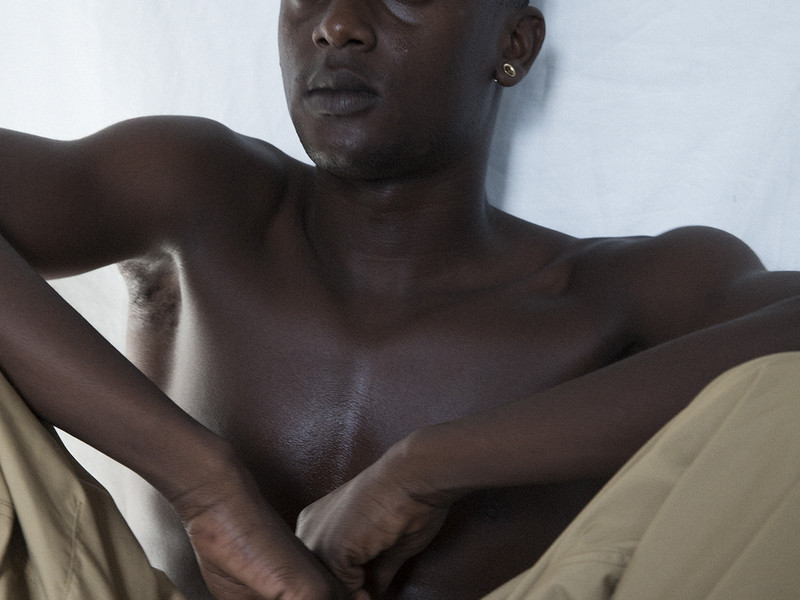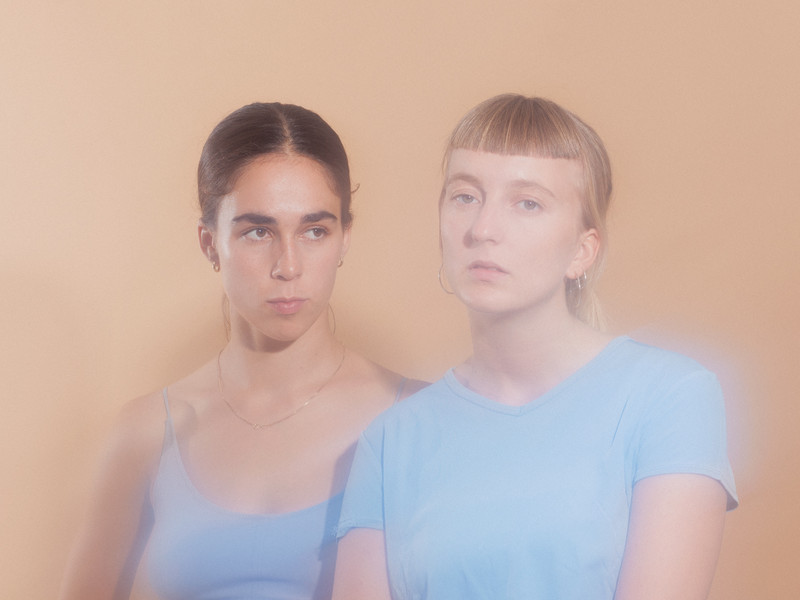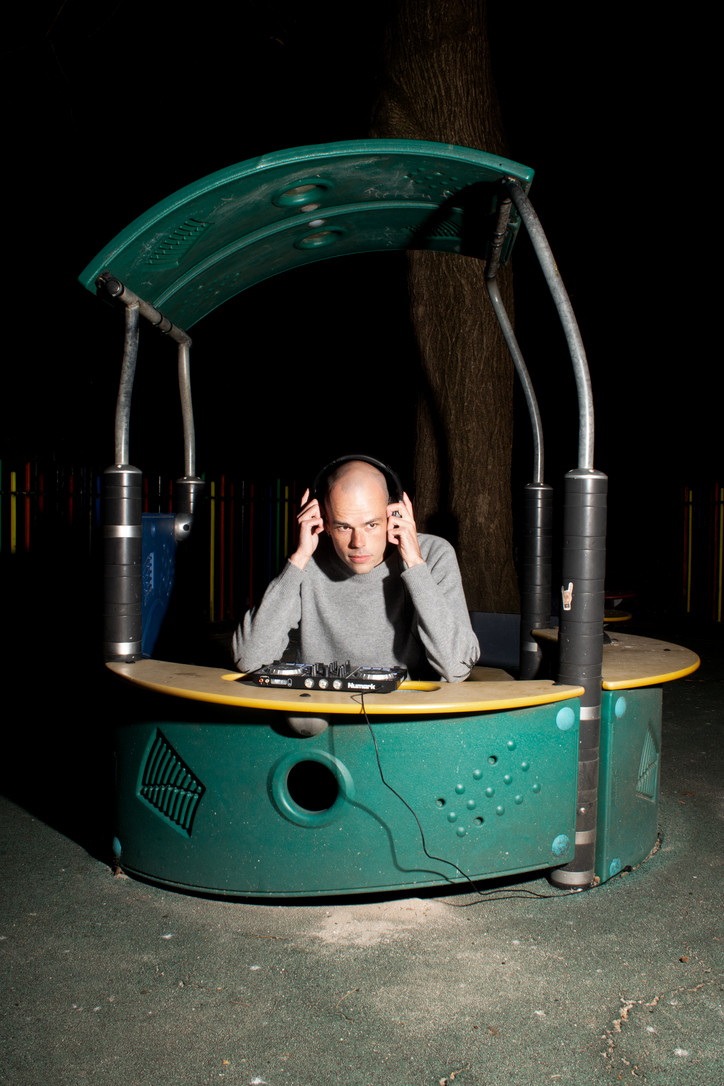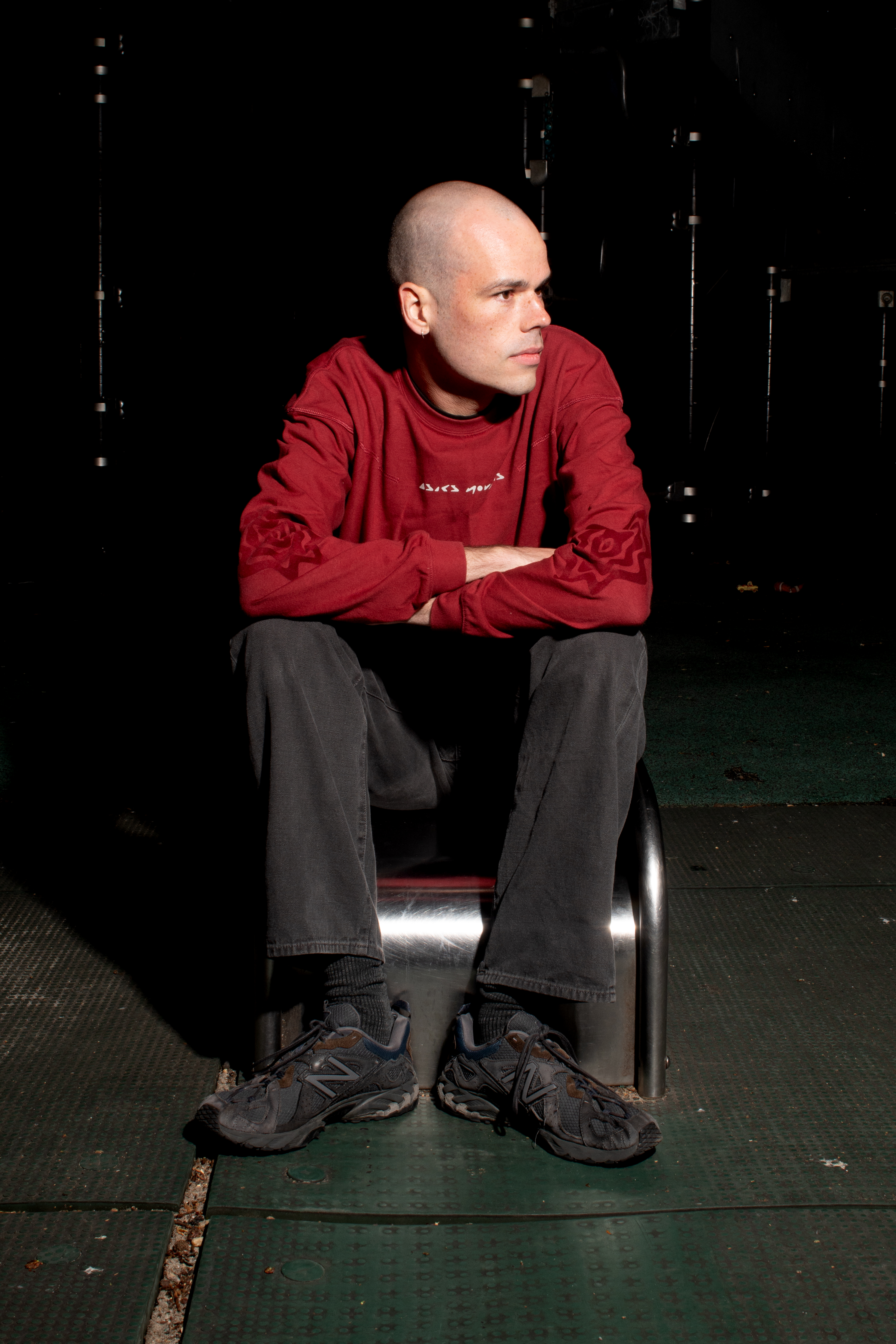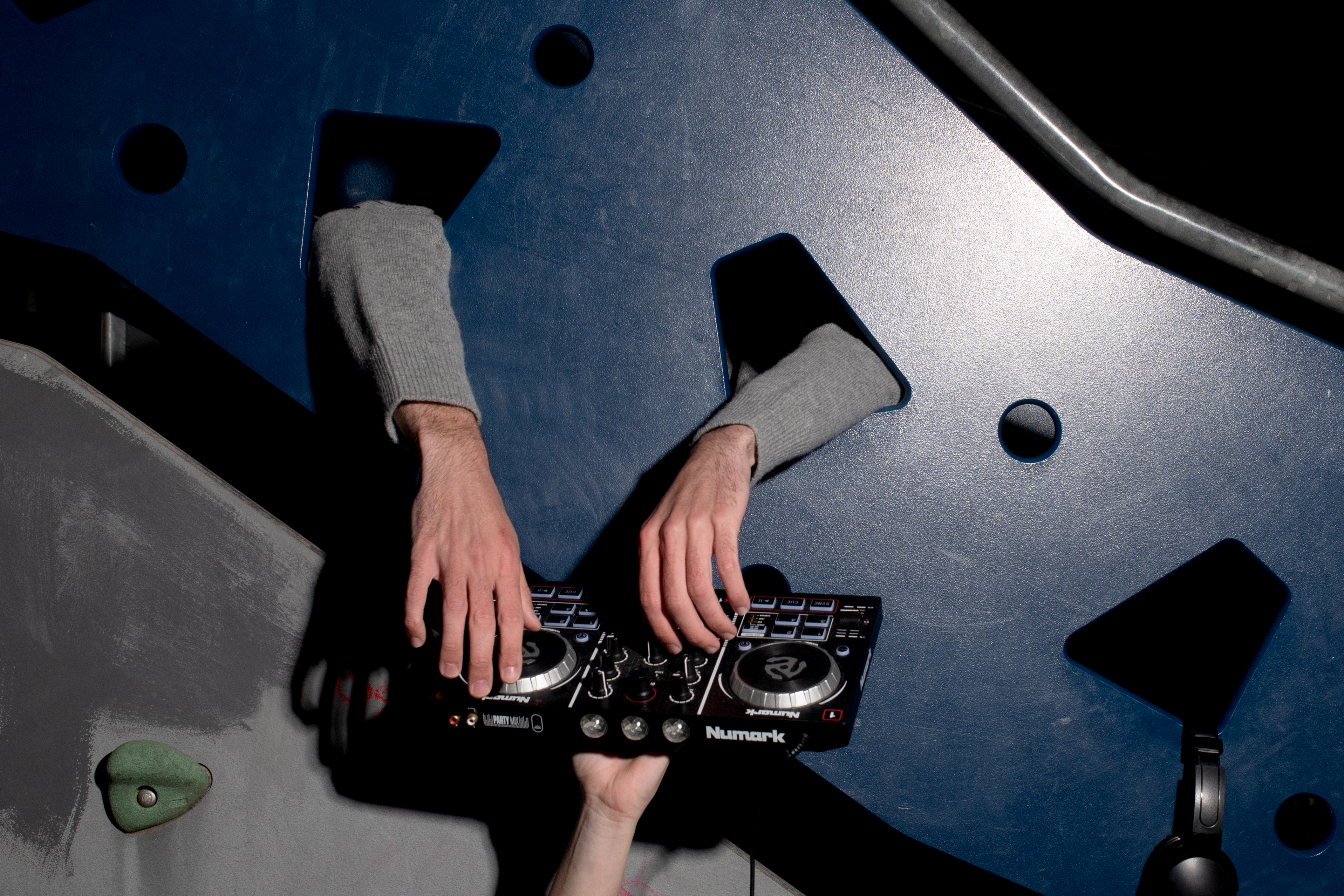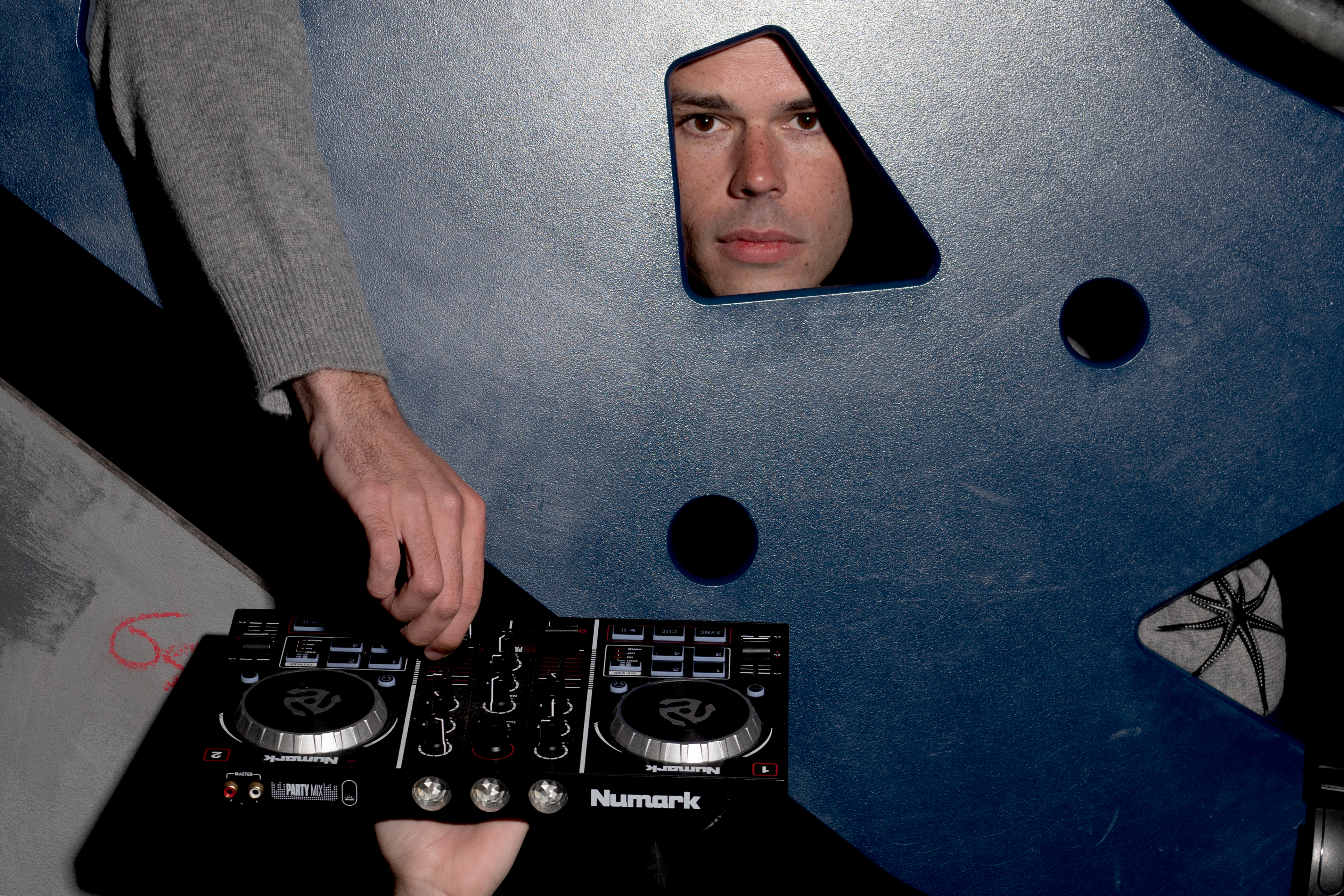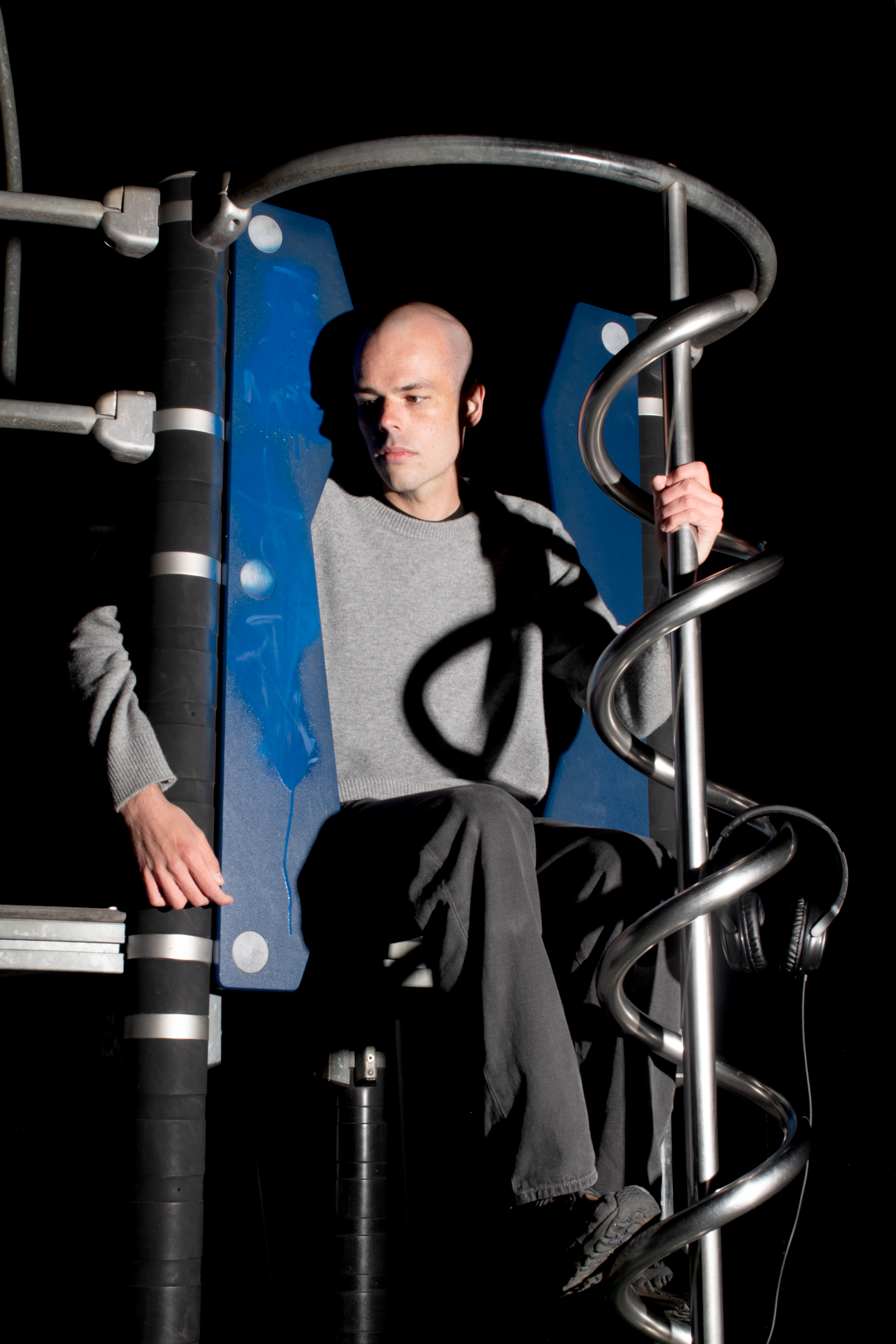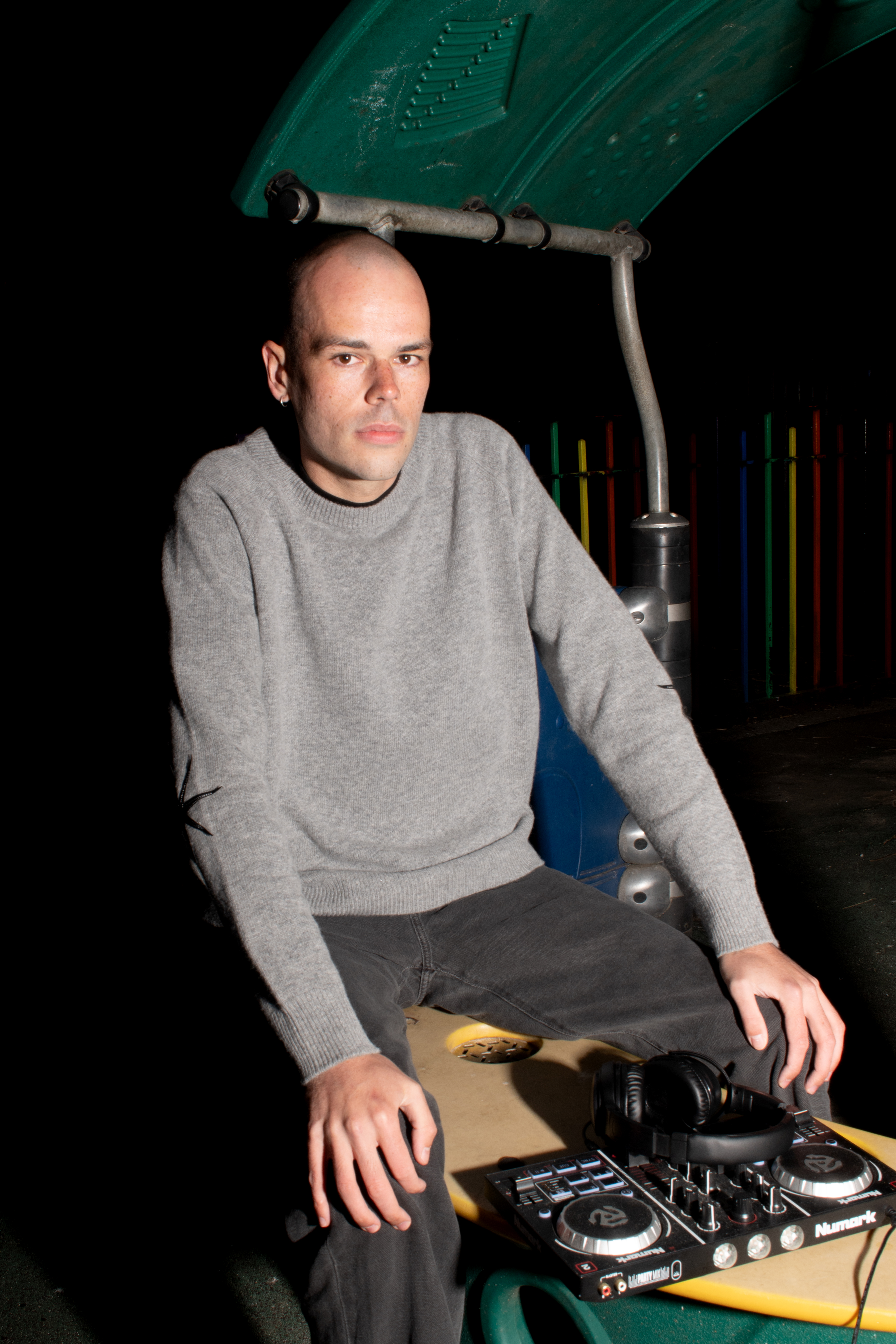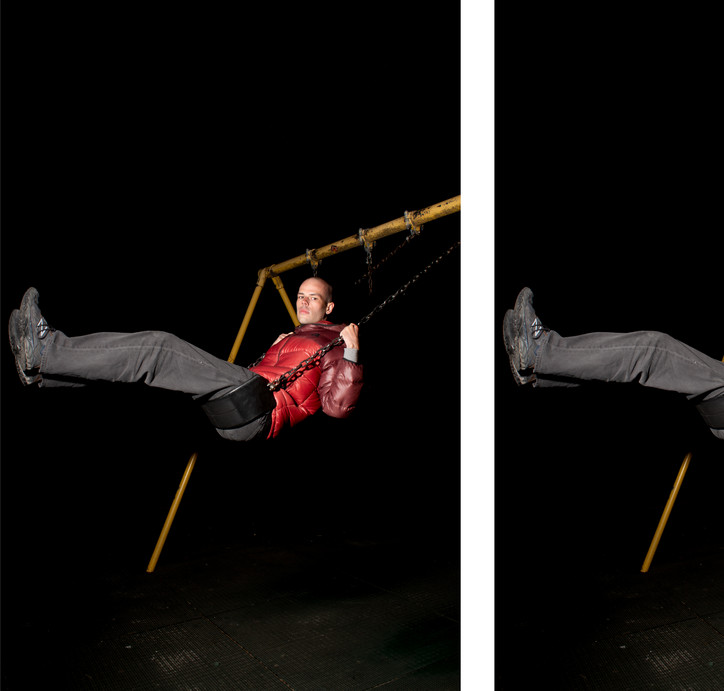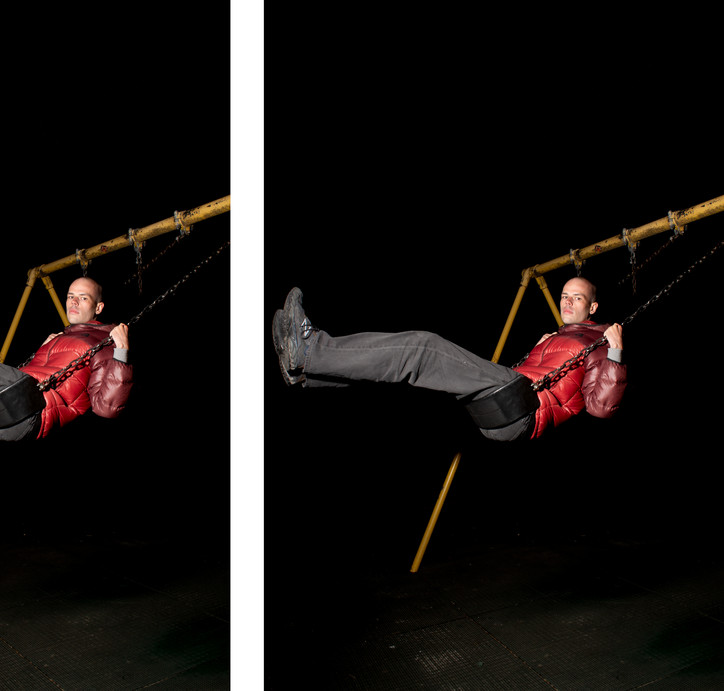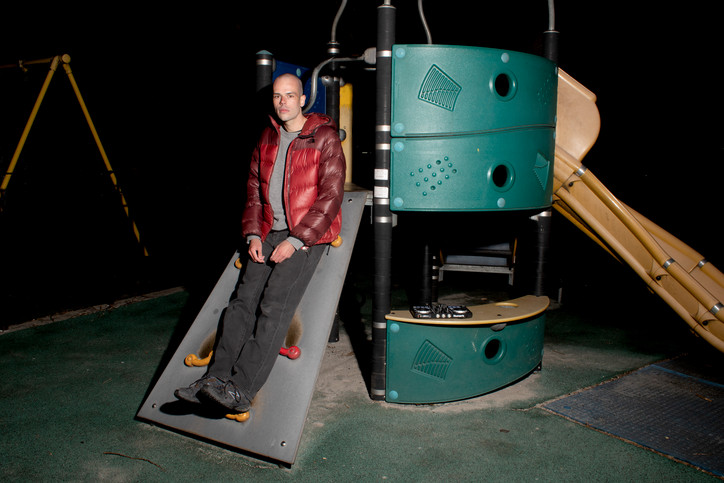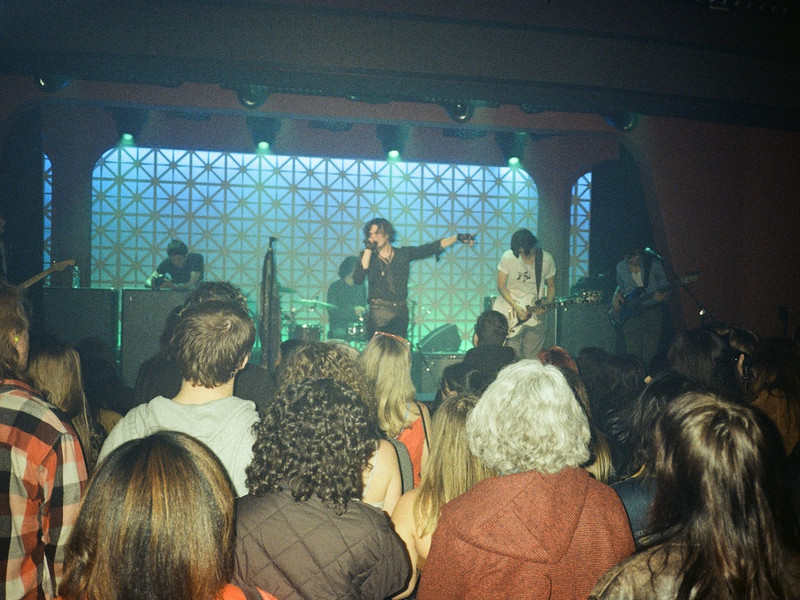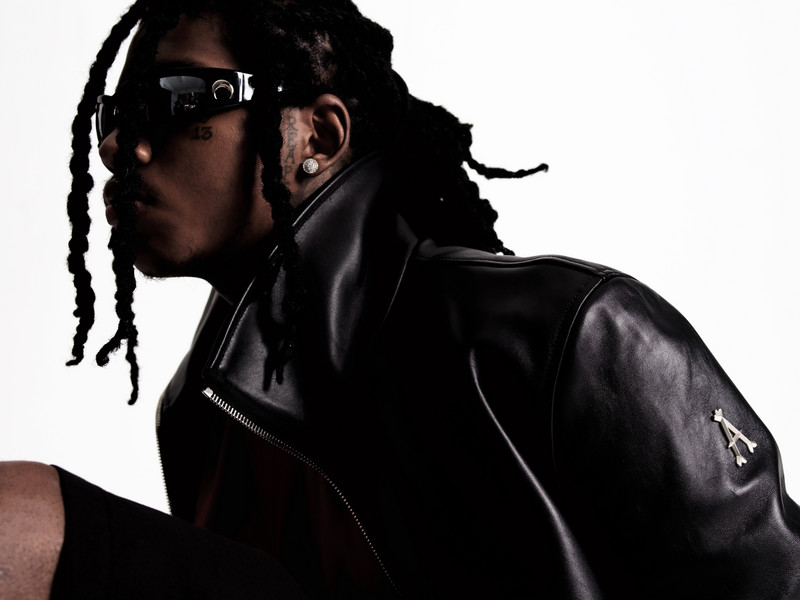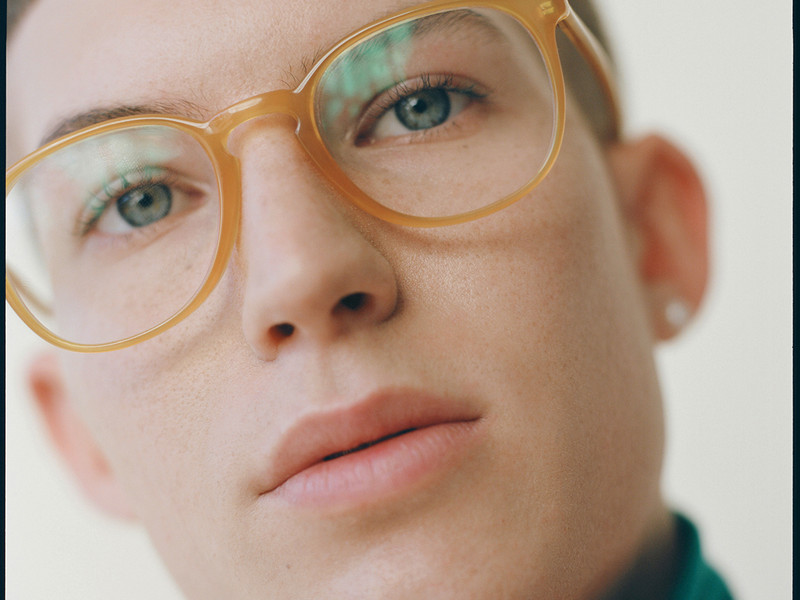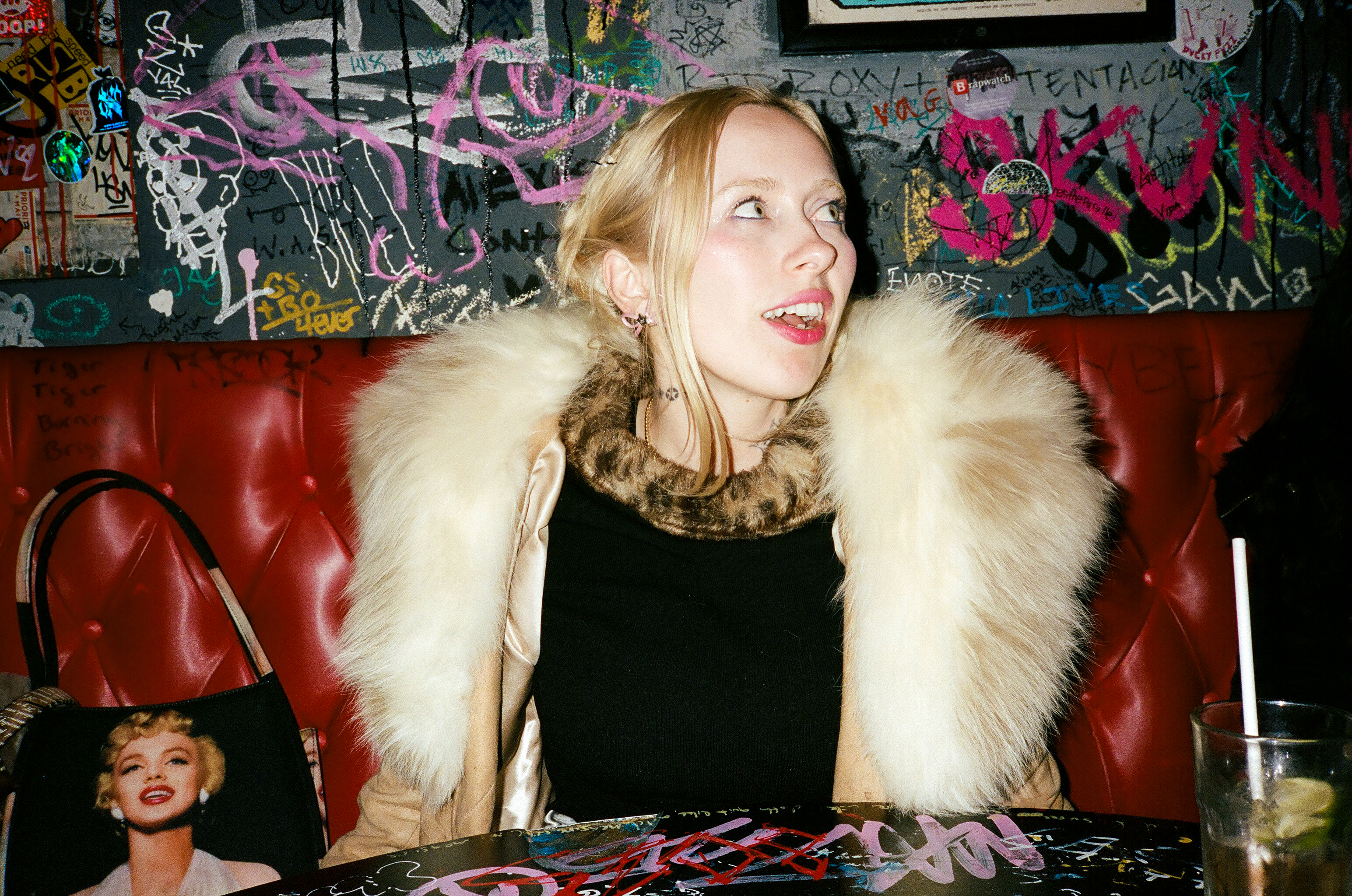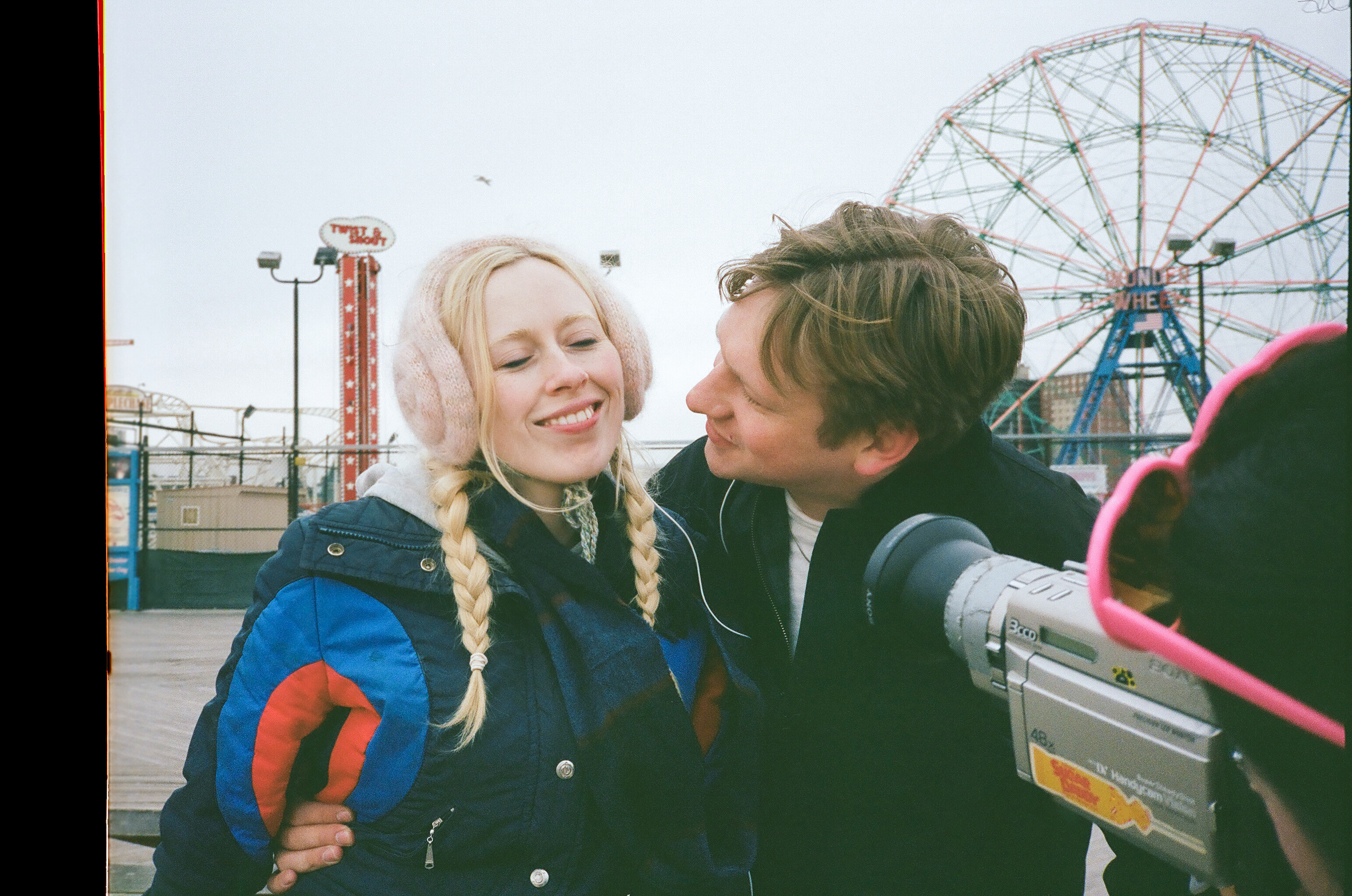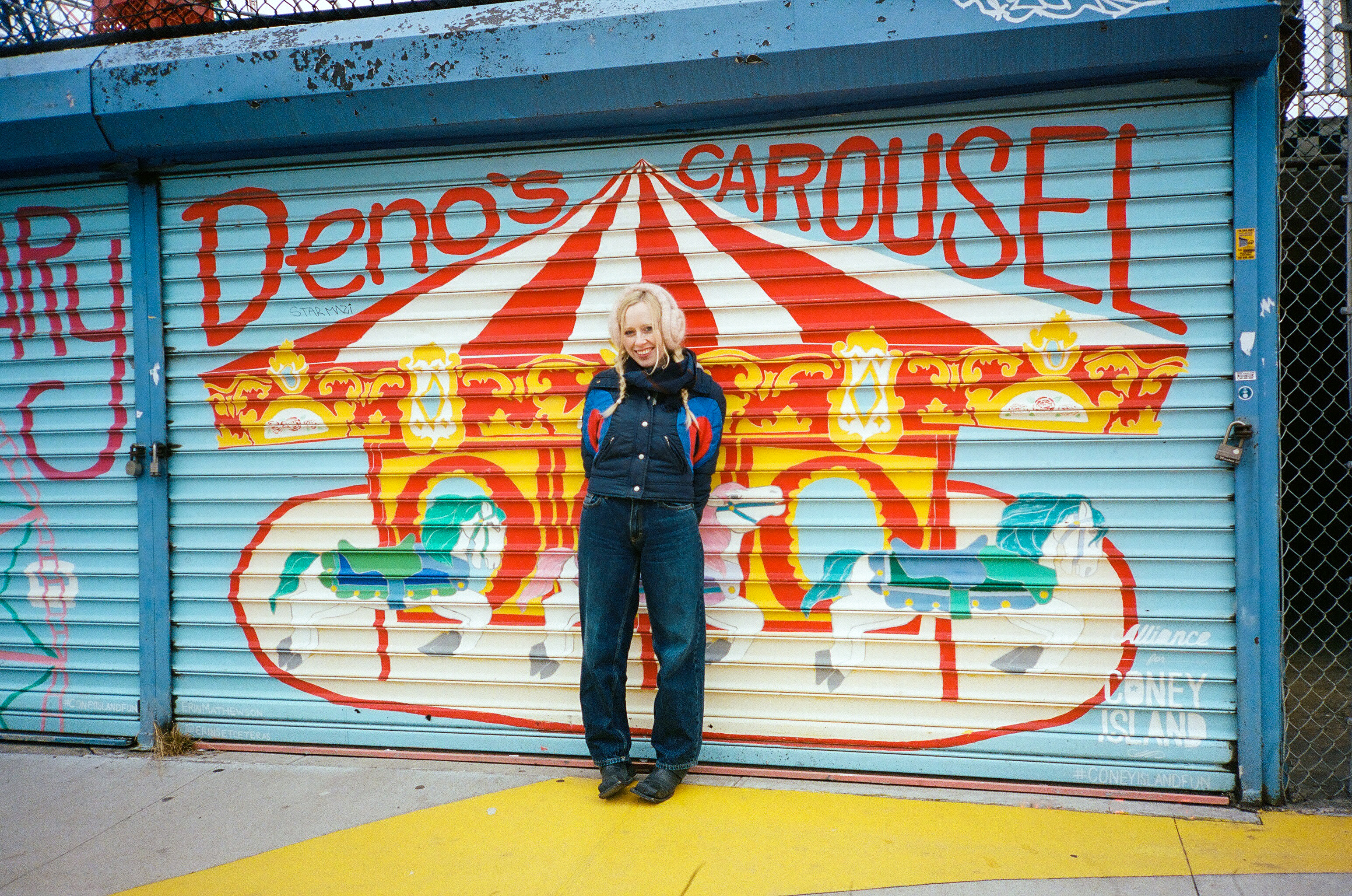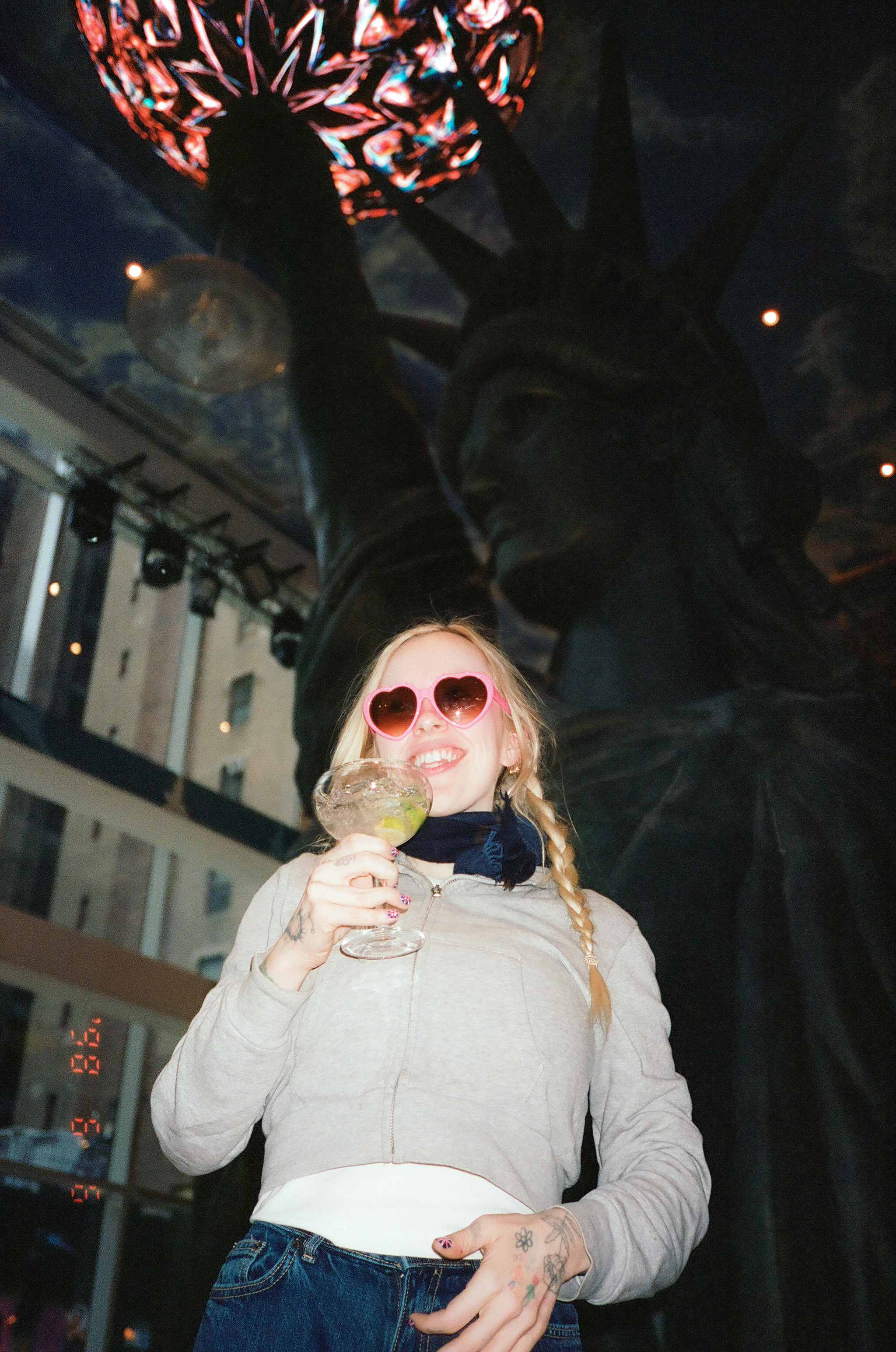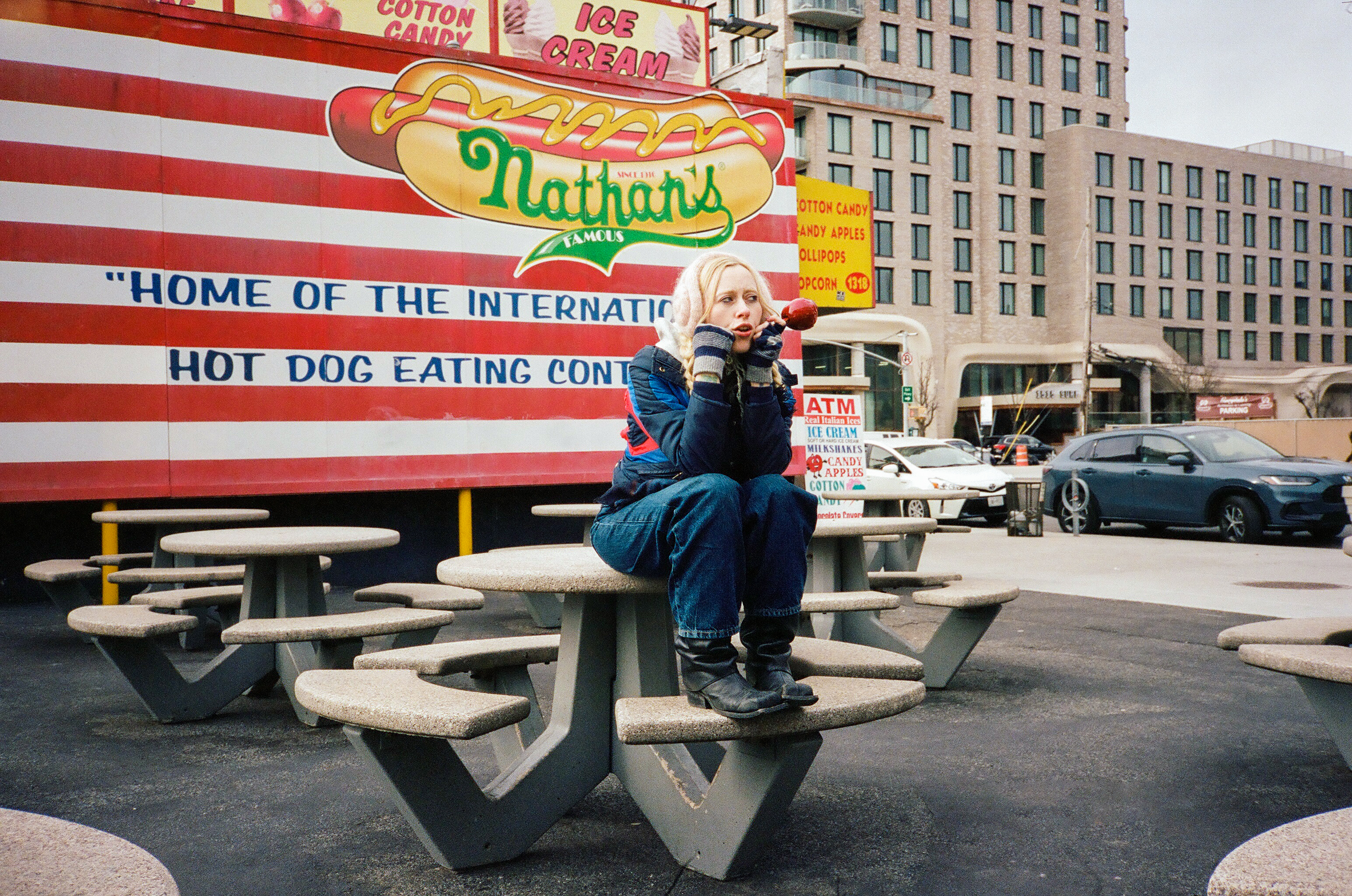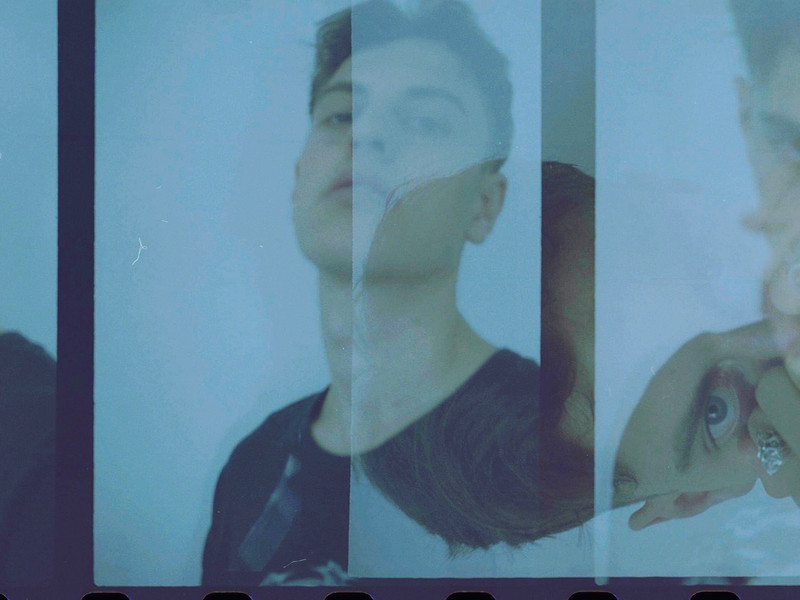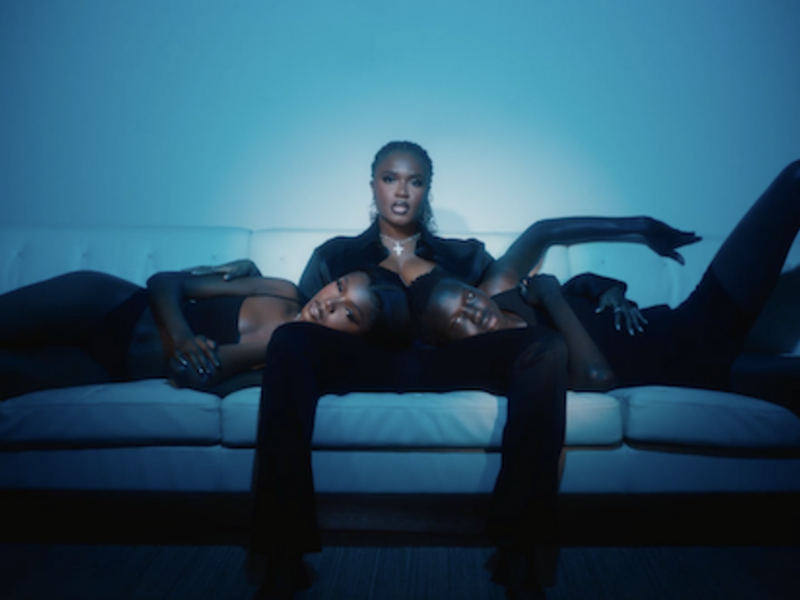Go Fast Alone, Go Far Together
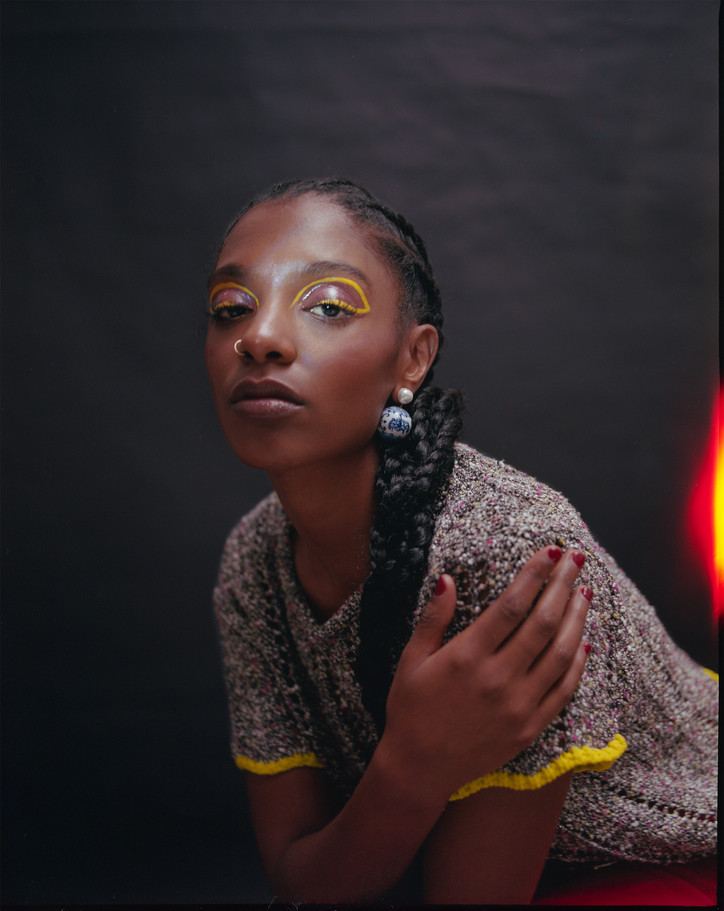
First just tell me a little about yourself.
My name is Mereba and my origin story is kind of long-winded, but I was born in Alabama and raised mostly around the South. I’ve been making music since I can remember. I started off singing, then I started writing songs at a really young age to kind of work through my emotions. I grew up in a household where emotions weren’t openly discussed, so music was my outlet. I didn’t know how emotional I was at the time because I was a kid, but as I’ve grown, I’ve realized that music helped me to synthesize all of my feelings and make it into something positive. We moved around a lot, and I had to start all over again with making friends, among other things, and music just proved to be my friend throughout everything. Finally, I moved to Atlanta for school and that’s where I started performing and putting myself out there in the music scene, meeting new people. This led me to where I am right now, releasing my first major project.
What’s one childhood memory that has always stayed with you?
I’m trying to think if it’s a positive one or a negative one. I was a pretty shy kid, so this might sound a little cliché, but my memory is of one of my first school talent shows. It was my turn to do my thing and I completely froze, like completely froze, everything around the world froze — I was so heartbroken, I was like, “No, this was my chance, this was my shine, I’ll never get it again.” I was so passionate, you know, I watched other kids able to do their little talents and they didn’t really care, but I cared so much, I cared so deeply about music and giving it my all—I was so disappointed in myself. Of course everyone was like, “It’s okay, it’s okay,” and my friends were like, “She can sing, we’ve heard her before!” That was the first time that I was like, "Okay, Mereba, you need to take this seriously, you need to get your shit together, show the world what you can do."
So who were some of your biggest inspirations growing up? What were you listening to, what were you watching?
I was obsessed with The Wiz, from age two to age seven. I watched that movie every day, it was not healthy. Everyone in my family was exhausted from it and I knew every word, every breath, every dance. Sometimes I still feel like I’m living in The Wiz, I feel like I’m Dorothy, I’ve kind of just framed my life that way at this point. But I feel like it just symbolizes all of the things that you go through, all of the people that you meet, all the relationships that you build and the enemies that you somehow acquire on your journey — all of these things. My older brother was a music-head. He would go and get a CD, then get tired of it after a little bit, so he would end up handing them down to me. Most of these CDs were made by female artists because he thought that it wasn’t cool to listen to them. I remember him giving me an Alanis Morissette album, “Jagged Little Pill” and I was like, “I’m keeping this!”
You’re not getting this back!
Yeah. He threw it across the room like, “I’m over this.” And I was like, “No!” And I ran over and picked it up and took it to my room. But he introduced me to a lot of stuff, he introduced me to rap music in general, like he was really into mixtapes, that late 90s New York stuff. And Philly stuff, ‘cause we were living there at the time. I didn’t really know what it was because I was so young, but I liked the energy of it. I remember the feeling that went through me the first time I heard Jay-Z, it intrigued me, you know what I mean? Because I lived in such a sheltered home, I’ve always felt that rap music created this bridge — it really did just change my life. My father was a devout Christian, strict, so I wasn’t allowed to listen to a lot of stuff. My brother would sneak me a lot of stuff, he had to be sneaky when listening to a lot of stuff, and I remember diving down the rabbit hole of like Jay-Z mixtapes. I was so drawn into his world because it was so different than the world that I was allowed to like see and be part of. I also listened to a lot of alternative grunge music, like “Nevermind” by Nirvana — that one was really pivotal for me because of the melodies and songwriting.
Raw.
Yeah, raw shit. And I always loved that too, because like I said, I’ve always had overwhelming emotions, I’ve always been a heavy feeler. I could just burst out in tears about some random shit and no one gets why, I don’t even always get why. So hearing somebody channel that into an art form while maintaining the rawness of his emotions was so beautiful, very nostalgic, you know?
Absolutely.
I was really into divas, like Whitney Houston, Mariah Carey, Toni Braxton, and Destiny’s Child. I was obsessed with women who I saw myself in. Once my brother left for college I started listening to more music from around the world, I got more curious about my Ethiopian side. When I started playing guitar, some of the first songs I learned were Nirvana songs ‘cause I already knew them and they were already embedded in me. From there I started learning folk songs, finger-picking, and it just all started blending, I started rapping with the folk songs. Everything that I was drawn to at a young age just became my collective inspiration.
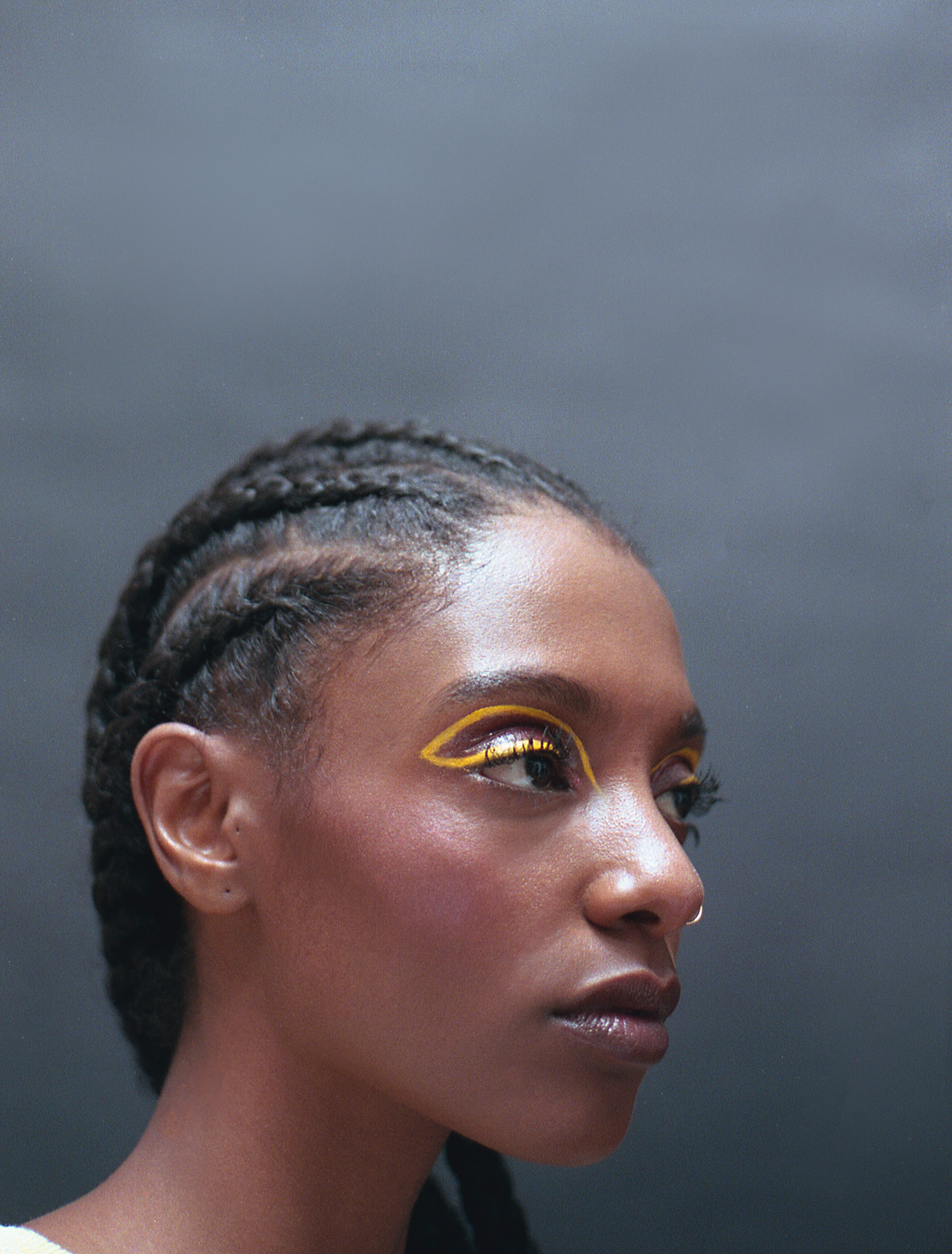
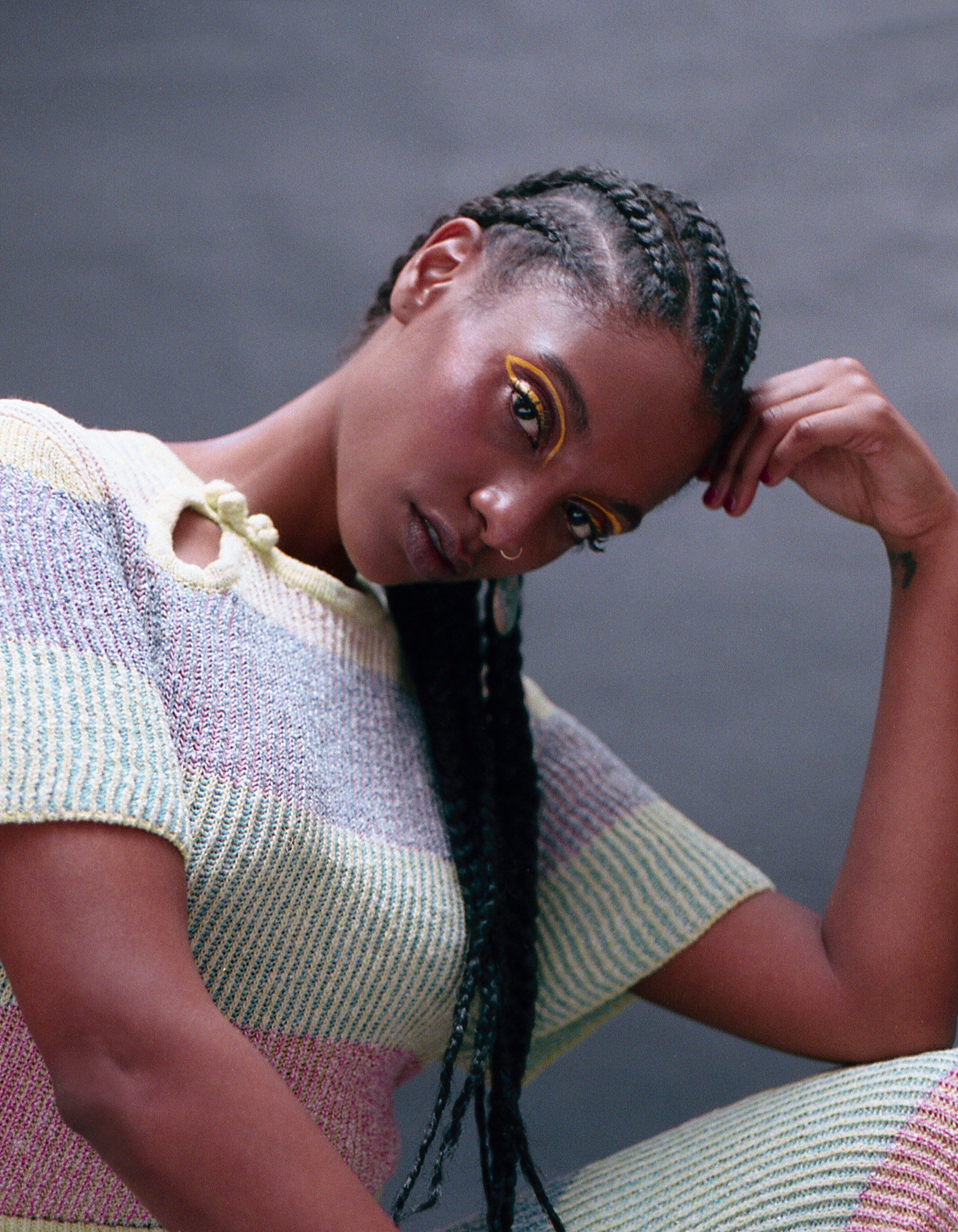
So how do you think your music has grown from your roots?
I think that over the years, I just refined that idea of blending all of these things together. For a long time I was more consumed with making sure that it was clear that people could hear every single influence and every single thing that I could do, and now I just wanna tell a truthful story sonically. I don’t feel like I need to prove to people that I can rap, that I can play guitar — I’m just a person that has stories to tell and those stories come out in whatever form I’m feeling in that moment.
How do you think location has affected your sound?
I think location has just opened my eyes and my spirit to the unknown. I’m very curious about the unknown and I’m not afraid to explore it. I’m the first person to suggest jumping into something — that’s how I had to be in order to not be constantly heartbroken. I understand when my friends are hesitant to be the same way, because not everybody has that sort of background and upbringing. Musically, I adopted the same mentality, I had to learn how to be comfortable expressing myself in these different forms, and it felt natural to me. I’ve always been a bit fragmented, I’ve always been a bit scattered, and this quality definitely comes out in my music.
Yeah it’s like, don’t pin me down because I don’t know where I’m gonna be in six months.
Yeah, and that’s not how I express. It’s literally whatever comes out to express that emotion is what I go with, you know? And I think that also comes from, like I said, just moving around and having to start over and find myself a million times over as a kid. Now I’m at this point where I’m comfortable switching into different modes.
Absolutely. I think that’s a real talent because when you do get put out of your comfort zone so frequently as a child you figure out that your comfort zone is solely within yourself, it’s not attached to anything external. That is such a valuable, beautiful lesson to learn at such an early age.
Yeah, that’s definitely what I hope that my music ignites in others. I feel like, yes, I had to learn that lesson from my circumstances, but isn’t that the case for everyone? We all have the power to find that inside.
Your music is so clearly made for yourself, but obviously it’s something that you release to the public. As a recording artist, what do you think is the relationship between intention and reception? Do you think that some messages get lost along the way?
You can look at it that way, but I also feel that new things are created whether I intended to create them or not. Art leaves space for whoever’s receiving it to insert themselves and take what they wanna take from it. I’m committed to leaving room for the listener.
That, to me, is artistic success, boiling something into a universal language — when people from all different walks of life can listen, or watch, glance at the same thing and take away different things but still connect with it at the end of the day. Nature clearly plays such a big role in your music, so I was wondering if you had to choose one ecosystem to live in for the rest of your life, which one would best match your vibe and why?
Definitely mountainous woods. I’m an earth sign. Heavy.
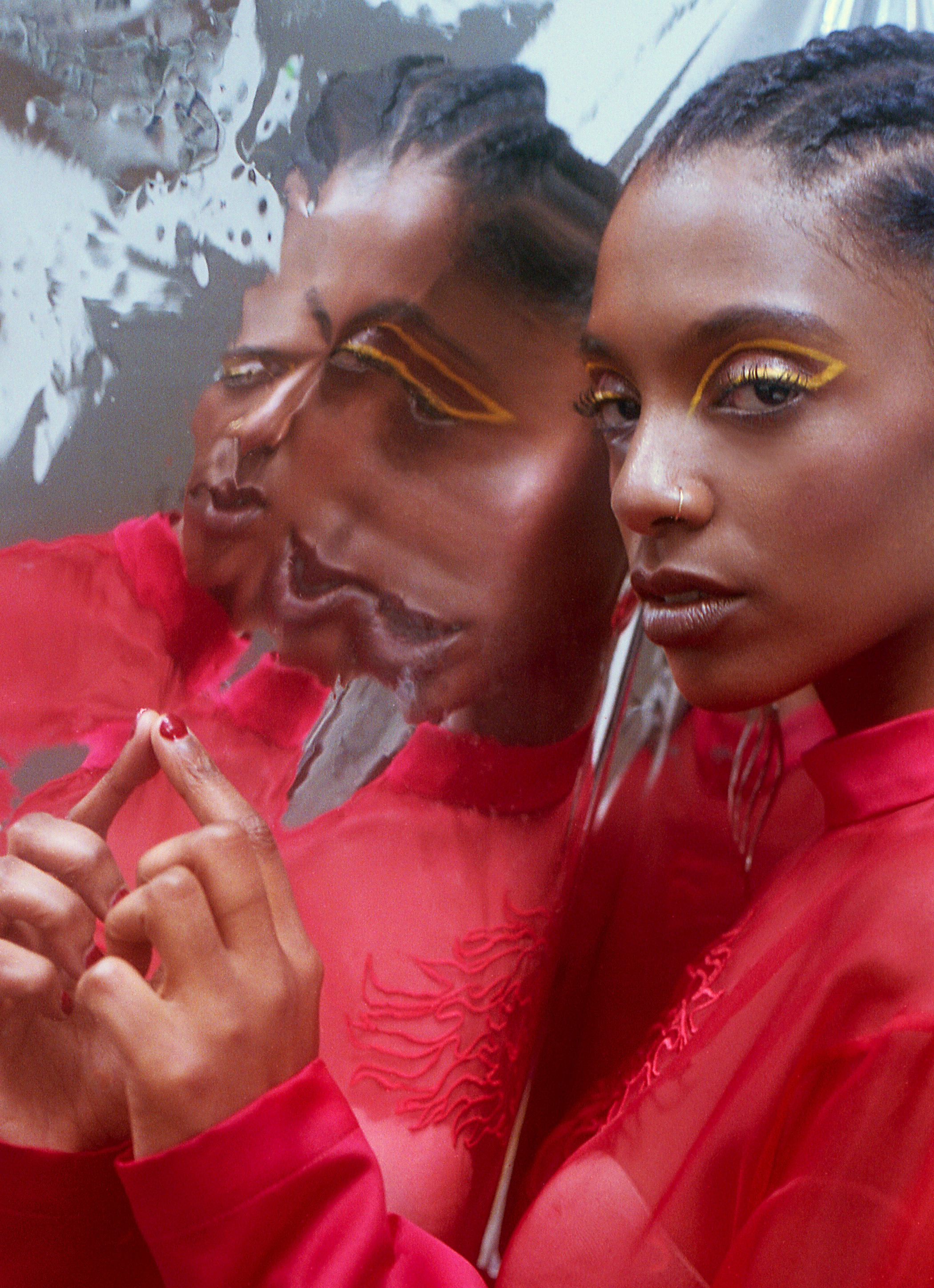
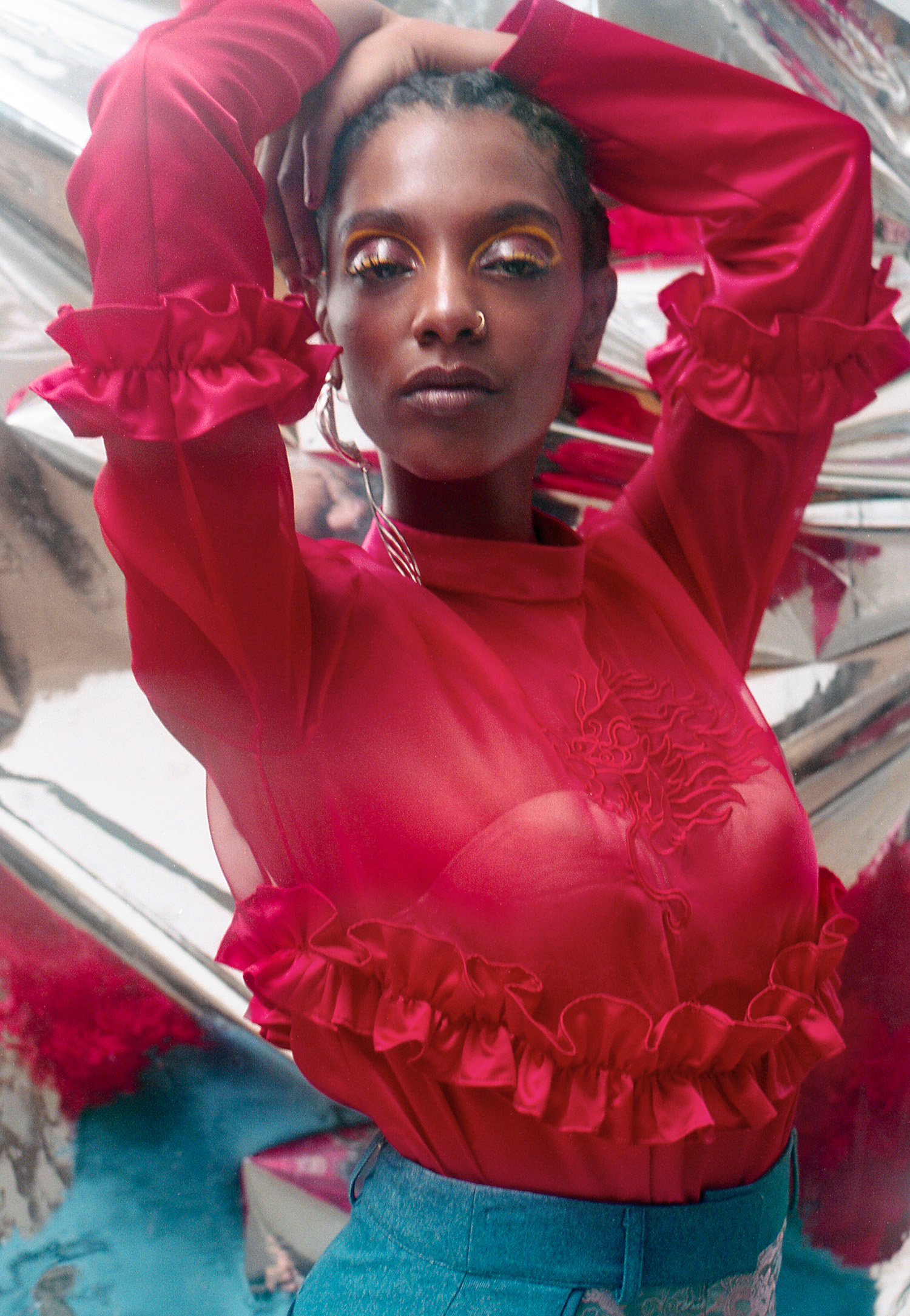
Oh really? What’s your sign?
Virgo. I have a lot of Virgo in my chart, but I also have a lot of Libra, so I’m pretty much just a Virgo and Libra. I’ve always felt related to trees, I still climb them. I think it’s the peacefulness of it all, but then also the wildness — you never really know what’s gonna pop up. In a lot of ways, I feel like that’s how my life has been, everything really peaceful until this wild element comes in. There’s just something so exciting to me about the woods, it has so much depth.
I like that things can happen, but the tree still stands, the tree’s still going to grow.
Yeah, and the trees have so many stories to tell at the end of the day.
Make the perfect healing recipe by mixing a person, food, place, and song.
Person? I mean, I have to say my mom, honestly, like, come on. Place, somewhere with the sun beating down on my face. It would love my mom and I laying in a grass with the sun in my face sort of situation. Food would be some sort of curry — I love sweet and spicy mixed together. Lastly, I’m gonna go with the song “As” by Stevie Wonder. It’s my mom’s favorite song, so I feel like if she was there with me and I played it, then the healing would be on a different level.
Finally, take me through your most recent album, what was your creative process?
I made the project in a pretty disjointed kind of way. Some of the songs are a few years old, others I made just right before the project was turned in, it was a wide range. The first song that I recorded was “Highway 10,” and that sparked a concept of what I wanted the project to be about. I didn’t realize at the time, but there was something about that song that stuck with me, it inspired me with all these new ideas. I always went back to that one like a bookmark, I knew it was gonna be part of something bigger.
And you do your own production?
Yeah, I dove really deep into learning production because I knew I wanted to expand my sound. When I moved to LA, I got a job teaching kids how to play the guitar, doing whatever I could to survive out there and I would come home at night, roll a joint, and experiment for hours. I’ve worked with producers a lot in the past, but it always turned into this ego thing. I just knew it was important for me to figure out my own language first. At that time, the title of the project came to me, The Jungle is the Only Way Out, meaning this shit storm that I’m going through in life from my relationships and my family to being in a new city is the only way to get where I want to be. If can just get through this, if I can make a body of work that inspires people to get through their own things, then it will be worth it.
Tell me about the features, what energy did they add to your album?
When I was in Atlanta I met the duo Earthgang, and they were closely affiliated with JID so they introduced us. I fucked with their passion, their work ethic and the fact that they were making something so different from what was popping in Atlanta at the time. We were all interested in playing a longer game in our careers. Initially I didn’t really want to have features, I wanted to release without any at first, but when 6LACK sent me back that verse to “Heat Wave,” I was just like, okay, well I guess he has to be on it because I need this verse. That song means a lot to me because I wrote it after Mike Brown was killed, I wrote it about some really fucked up things that I’ve experienced when dealing with the police, especially in Atlanta. I’ve been jailed, and I knew that I also needed a male perspective, I wanted to hear a man tell his own story. His verse is just beautiful, every line that he said just struck me.
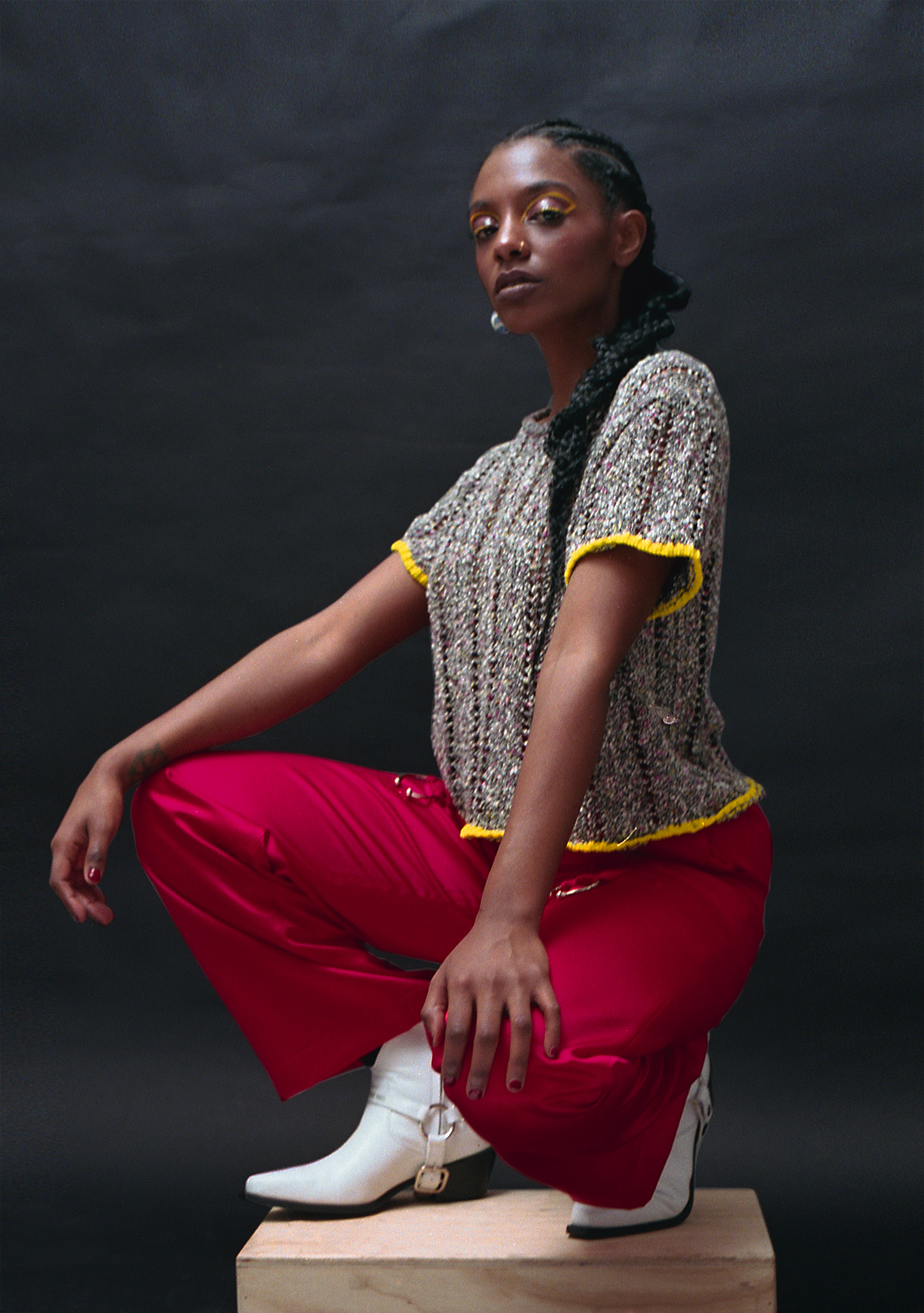
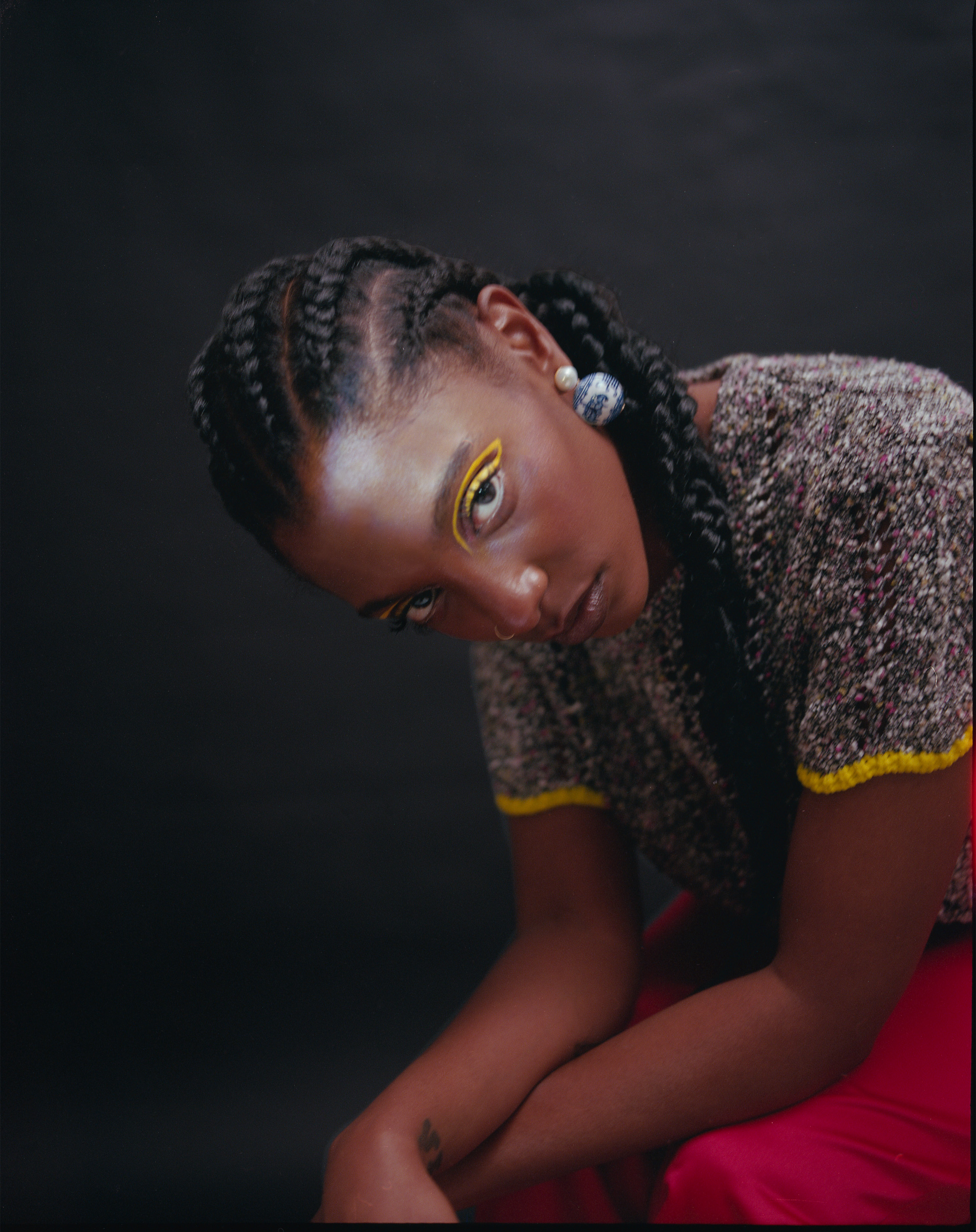
He’s such a thoughtful artist.
He’s a very thoughtful artist and he’s an incredibly thoughtful writer and I feel like he really took it seriously to talk about his experience. I had taken “Heat Wave” off the album few times and added it back ‘cause deep down I knew something would be missing from the story without it. If this album is an arc about my life over the past few years, I can’t leave out such a prevalent issue, one that not only affects me, but the people around me, constantly. It would just feel wrong to take it off.
What was making you want to take it off or not put it on?
Honestly, every song on that project has been off and then on again because I’m just indecisive and made so many songs. I think there’s this part to creating where something feels old to you so you think it’s gonna feel old to everybody when it’s actually new to everybody.
It’s almost like you’ve pushed through that feeling and don’t want to revisit it.
Yeah, I do feel a similar way, but maybe now I would express it differently because I’m different because I’ve grown over time, and I’m really excited to continue growing, to work with more artists, definitely work with more women. My vision moving forward is to start a collective of women. One thing I learned being a producer is that there are many female producers out there just like me, but we’re not united in the way that male producers or even male artists are.
Why do you think that is?
As a minority within any given space, you’re taught that there’s only room for one or two, and so no matter how good your intentions are or how much you want to be a supportive person, you’re naturally cautious about collaborating. I think that the reason why so many male rappers are out there doing their thing and thriving is because when they make it, they bring a friend and that friend brings a friend and so on. That’s why we have a million dudes who sound the same. I wanna get to a space where women feel like that too. I think there is a revolution happening with women in music right now that encourages more than one female artist to rise at one time. We are unlearning what we’ve been brought up to believe, and I would love to share the knowledge that I’ve acquired from years of tinkering and producing with more women.
It’s not a “can," it’s a “do."
I want to empower more women to create their language and to be the masters of their language. I feel like it’s ingrained in us that we have to work with a man for it to be a complete success.
We’re definitely not just a supporting role.
Exactly, like how are you a supporting role in your own life? We are each the protagonist of our own life story, and if I can empower a few more women to go to where I am right now, then I’m happy.
The Jungle is the Only Way Out is out now. Check out the Visual EP below.
